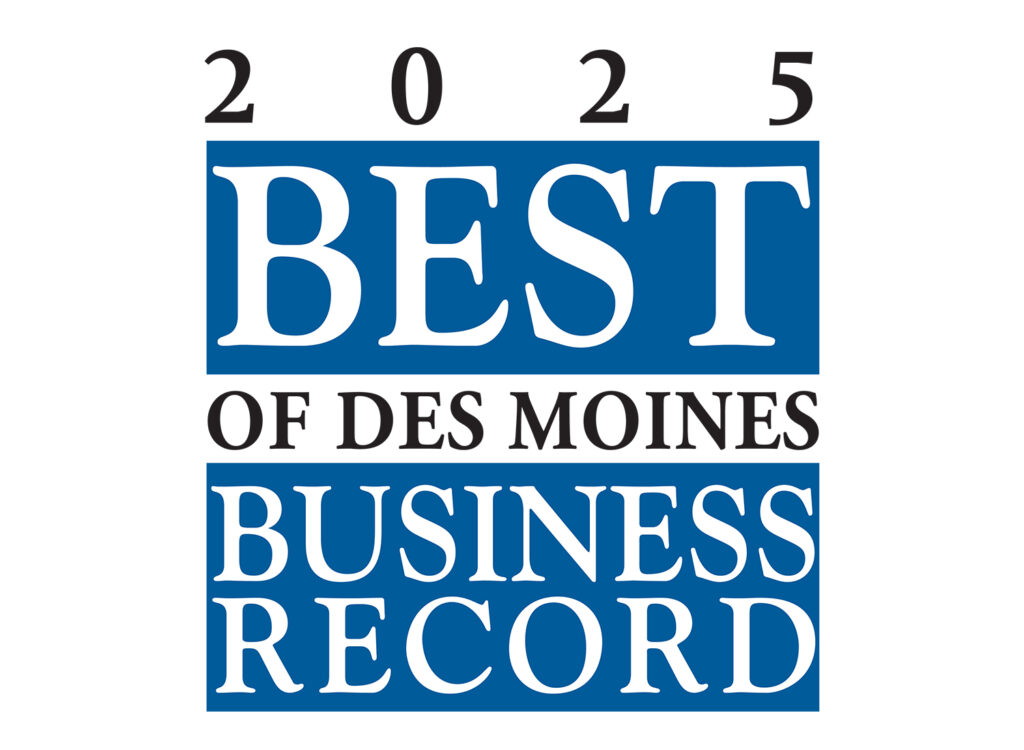Des Moines’ clean energy plan: What’s next?

MICHAEL CRUMB Jan 26, 2021 | 3:33 pm
5 min read time
1,206 wordsAll Latest News, Energy, Government Policy and Law The Des Moines City Council approved a resolution on Jan. 11 calling for all of the city’s homes and businesses to run on 100% clean energy by 2035. So what happens now?
The Des Moines City Council approved a resolution on Jan. 11 calling for all of the city’s homes and businesses to run on 100% clean energy by 2035. So what happens now?The plan is being seen as more than just a way to reduce the city’s carbon footprint. It’s also an economic development tool that officials say could help bring companies — and jobs — to the region.
We sat down with Jeremy Caron, the city’s sustainable program director, recently to try to answer that question and see the path forward to achieve that goal, which includes a reliance on renewable energy 24 hours a day, seven days a week.
“Clearly, the hard work comes now,” said Caron, who joined the city in May 2020.
That hard work will include building a climate action plan, a master planning process that could take 18 months, he said.
That plan will develop strategies to address climate-related issues across sectors such as energy, transportation, natural resources and equity, Caron said.
“We’re gearing up to initiate that process, working on developing a [request for proposal] for that right now and hoping to kick off that planning process at the start of the next fiscal year [July 1, 2021],” he said. “Out of that will come a number of actions to implement. We really want it to be an effort that has a lot of community involvement.”
Caron said city officials hope that the COVID-19 situation improves enough to allow for more traditional workshops and table top exercises to get that input.
“That’ll be our first step and that will establish the recommendations and actions for a number of programs and initiatives the city can take,” he said.
In the meantime, there are ongoing initiatives the city is involved with, Caron said.
There’s the benchmarking program established in 2019 that requires property owners with property over 25,000 square feet to report their energy and water use to the city annually. Des Moines is one of 17 cities in the country to use the program, Caron said.
Currently, only city data is public, but under the program, private property owners’ data will be public by 2022, he said.
The goal of the program is to help the city develop more targeted incentives and programs to help property owners invest in those properties.
“It’s a great initiative we kicked off, and it will tie in with that climate action planning,” Caron said.
The city also has to review the efficiency of its own properties, he said.
While the city has been able to find efficiencies and savings through recommendations found in a MidAmerican Energy Co. audit, Caron said there are still opportunities and newer technologies that can be implemented.
The city is currently incorporating solar energy in the new 215,000-square-foot Municipal Service Center 2 that will be built to house public works and solid waste departments. Solar energy is also being incorporated into the city’s new $5.5 million animal control center.
“Beyond that, we have other buildings and properties where there’s a lot of value in us looking at larger solar arrays that might be able to serve multiple facilities, but we also want to figure out if there’s an opportunity now to integrate storage into that,” Caron said.
Storage will be a key component to reaching the goals outlined in the council’s resolution, he said.
“To meet the goals, we need to figure out ways to store energy for when the sun’s not shining and the wind’s not blowing and use that to power city facilities and community assets,” Caron said.
The Sierra Club commended the city for its efforts and said the next step is accountability as the city moves toward achieving its clean-energy goals.
“What is great is the city is already engaged in projects to clean up emissions from transportation, buildings, and now has the strongest clean electricity standard in the country,” said Katie Rock, a representative of the Sierra Club’s Iowa Beyond Coal Campaign. “What is needed next is accountability to Des Moines’ carbon-free standard.”
Rock said part of that will be MidAmerican Energy setting a timeline to achieve its goal of providing 100% clean energy to its customers.
The environmental advocacy group released a report Monday that listed the 50 utility companies in the country most invested in coal and gas generation. In the report, the Sierra Club was critical of MidAmerican Energy for not setting a timeline for transitioning away from coal generation, suggesting it will be difficult for Des Moines to achieve its goals without that commitment from MidAmerican.
Representatives from MidAmerican said in an emailed statement, “We welcome the challenges ahead of us, in partnership with the city of Des Moines, to deliver reliable, renewable and affordable energy.
“Reaching Des Moines’ goal of 24/7 zero-carbon energy will require significant investments in new technologies that are in various stages of development and maturity,” the statement read. “But today, we’re proud to already serve our Iowa customers with more than 80% of the energy they use annually from renewable sources. We’ve been able to do this while maintaining rates that are the 13th lowest in the nation.”
Officials with the company said it is committed to providing clean energy “as rapidly as we can but without compromising reliability or affordability.”
MidAmerican Energy operates five coal-fired generating units in Iowa. It has retired four units at two locations in the past several years. The remaining plants operate with environmental controls to minimize emissions, the company said.
Officials said the company plans to keep natural gas, nuclear and coal-fueled plants in its portfolio to ensure system reliability until new technologies come online. They also said the company has cut its carbon intensity in half since 2003 with wind energy, a trend they said will continue.
Caron said the technology is in place today to reach the city’s clean energy goals.
“It’s a matter of embracing those technologies, testing those technologies, promoting those technologies,” he said. “It will be a lot a easier if we have breakthroughs in battery storage and other sectors between now and then … but we can do it with the technologies that exist today.”
While the primary goal of the city’s resolution is to reduce the city’s use of energy produced by coal, city officials see the potential for economic development, too, Caron said.
“Increasingly companies are being pressured by their peers or their customers to adopt these types of goals,” he said. “Ours was inspired by Google committing to this goal in 2019, and so we also see this as an economic development tool to bring in more of those tech companies.”
Some of that may be found in energy storage, Caron said.
“Maybe this is a way we can attract more storage-related businesses to the Des Moines area,” he said. “We’re hoping to use this as a tool to drive businesses to this area and help with workforce development.”
City officials also want to ensure the plan is developed through a lens of equity, Caron said.
“The focus of our efforts will be done in a way that we’re addressing inequities across the city and developing solutions that work for everyone,” he said.
Photo courtesy of the Iowa Wind Energy Association









